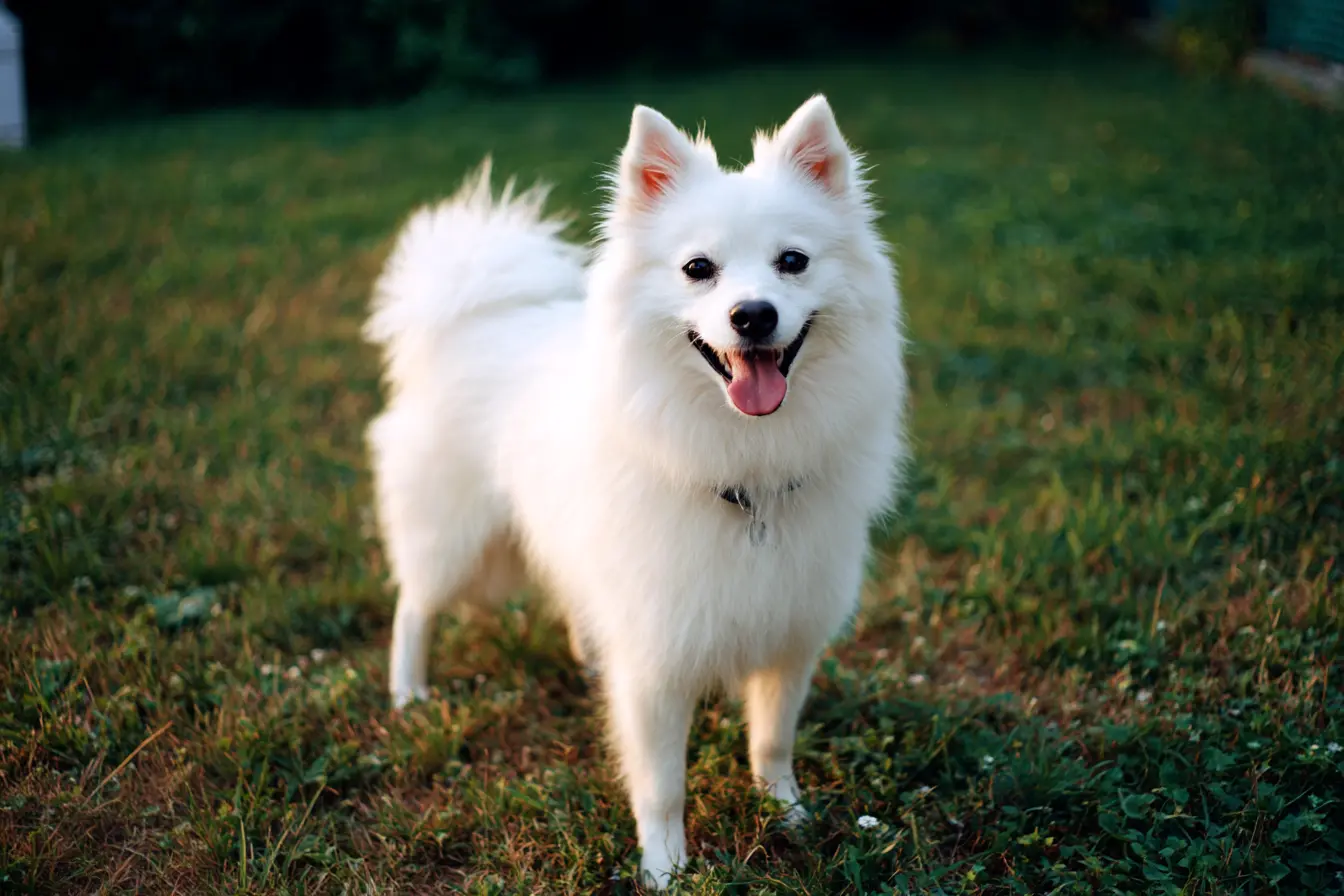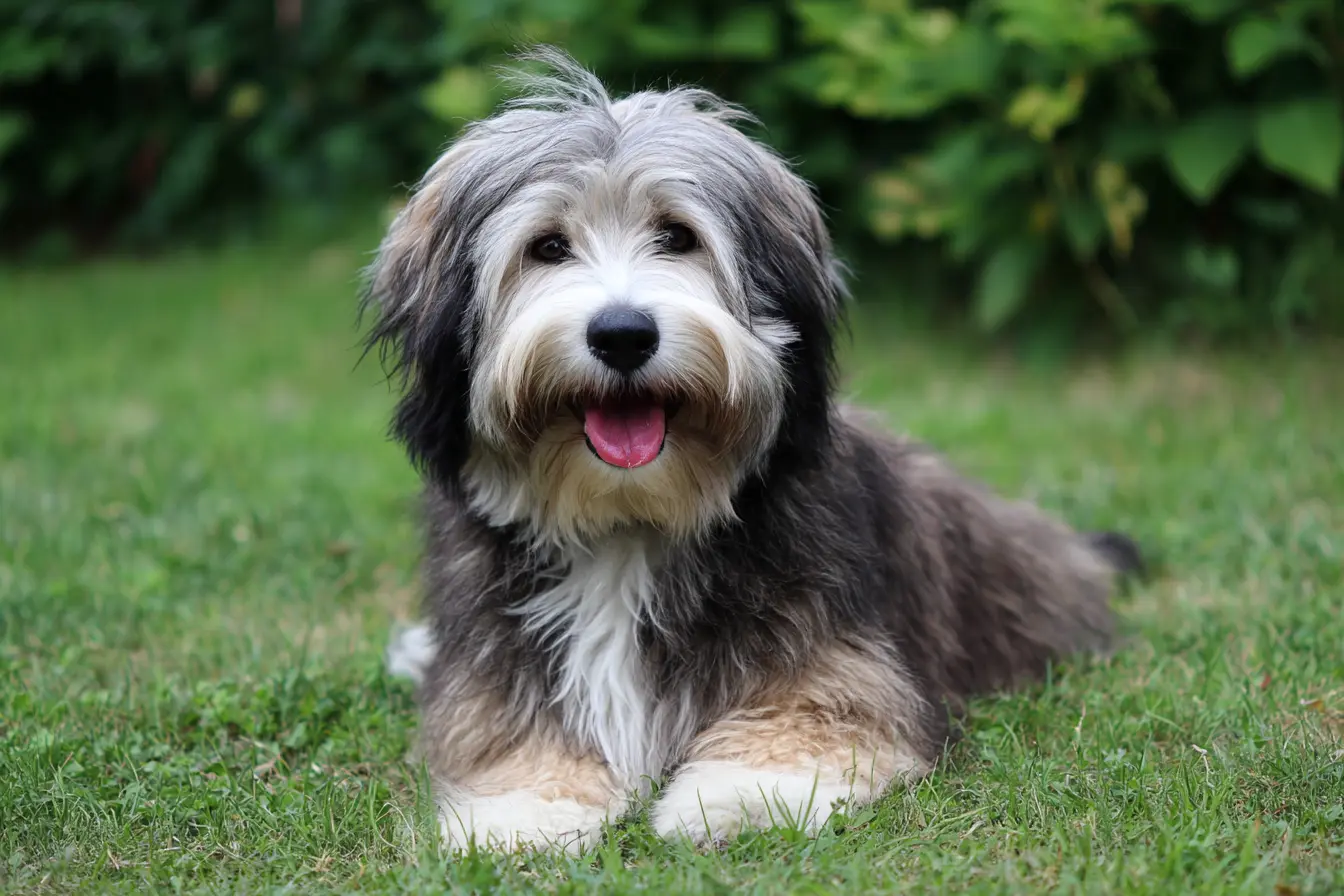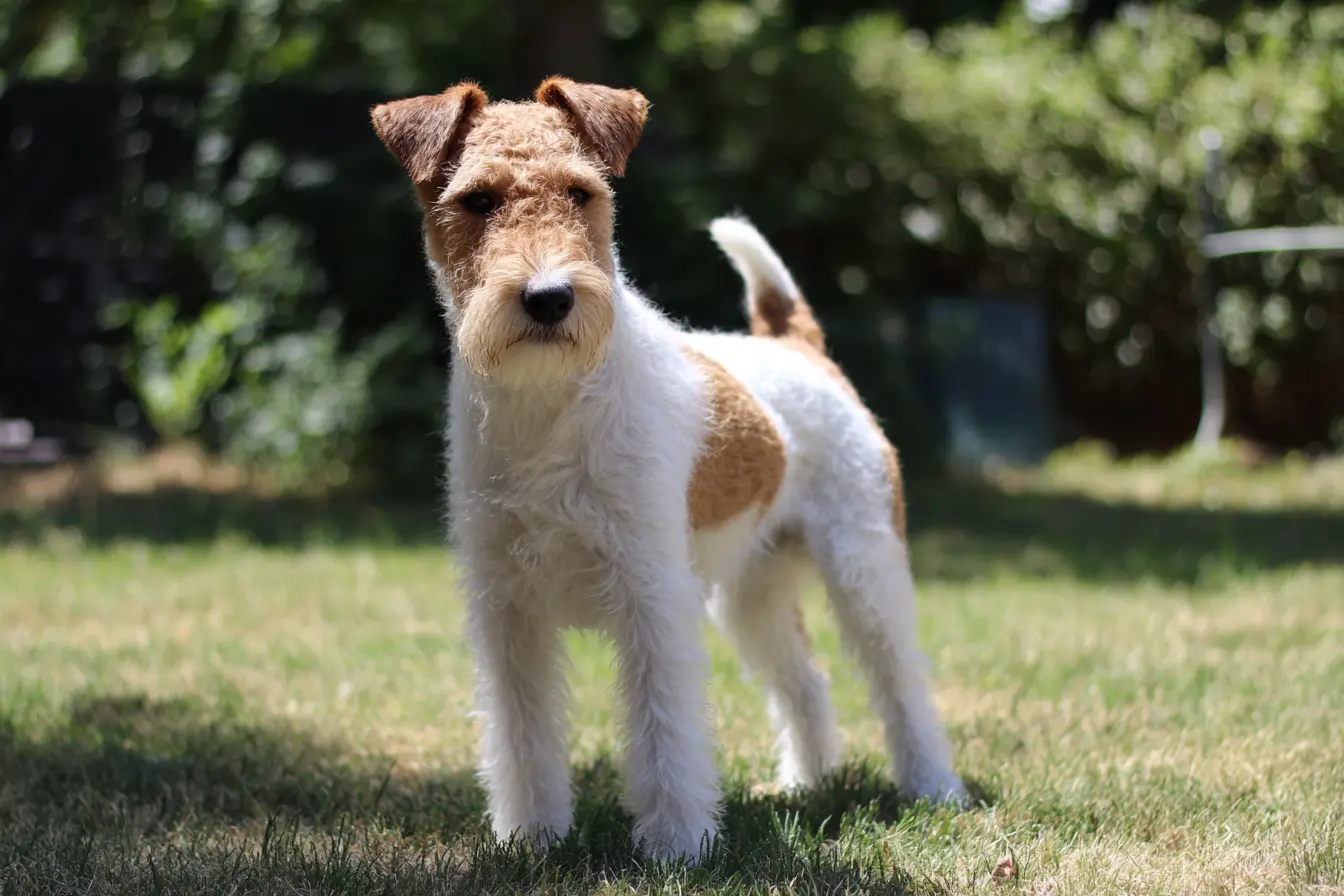
The Japanese Spitz: The Cloud of Joy
The Japanese Spitz is a small, spirited companion dog admired for its striking white coat, cheerful personality, and devoted companionship. Often described as a “little dog with a big heart,” this breed combines elegance, intelligence, and affection in equal measure. Originating in Japan during the early 20th century, the Japanese Spitz was bred to be a family companion rather than a working dog, making it perfectly suited to modern family life. With its fox-like face, plumed tail, and expressive dark eyes, the Japanese Spitz has won hearts across the world for its charm and loyalty.
Breed Overview
Compact yet graceful, the Japanese Spitz is a well-balanced dog that radiates confidence and cheerfulness. Despite its fluffy appearance, it is surprisingly low-maintenance and hardy, thriving both in urban apartments and countryside homes alike.
Physical Characteristics
- Size: Japanese Spitz are small dogs, with males typically standing 30–38 cm at the shoulder and females slightly smaller at 25–35 cm. They usually weigh between 5 and 10 kg.
- Coat and Colour: Their most defining feature is their brilliant white double coat. The outer layer is long, straight, and slightly coarse, while the undercoat is soft and dense, providing insulation and volume. Their plumed tails curl over their backs, and their small, pointed ears give them a lively expression.
- Lifespan: Japanese Spitz generally live between 12–15 years, with many remaining sprightly well into old age.
Personality and Temperament
The Japanese Spitz is known for its cheerful, outgoing, and loyal temperament. They are affectionate family dogs who thrive on human companionship and are especially fond of children. Their alertness and intelligence make them quick learners, and their loyalty ensures they form strong bonds with their family members.
Despite their size, Japanese Spitz make excellent watchdogs. They are naturally alert and will readily bark to announce the arrival of visitors, though they are not aggressive. Once introduced, they tend to be friendly and welcoming.
Their playful, affectionate nature makes them ideal companions for both individuals and families. They are happiest when included in family activities and dislike being left alone for long periods, as they can become lonely and anxious without company.
Exercise and Training
Although small, the Japanese Spitz is an energetic breed that enjoys daily walks, play sessions, and mental stimulation. A couple of short walks combined with active indoor playtime is usually sufficient to meet their exercise needs. They love games such as fetch, puzzle toys, and agility activities that keep their clever minds engaged.
Training a Japanese Spitz is generally straightforward. They are intelligent, eager to please, and responsive to positive reinforcement methods. Harsh corrections should be avoided, as they are sensitive and respond far better to encouragement and consistency. Early socialisation helps ensure they grow into confident, well-mannered adults.
Health and Care
The Japanese Spitz is a relatively healthy breed, but like all dogs, they are prone to certain health conditions. The most common issues include patellar luxation (a kneecap problem) and some dental concerns, particularly in smaller individuals. Regular vet check-ups and good preventative care will help keep them in excellent condition.
Despite their luxurious appearance, the Japanese Spitz’s coat is surprisingly easy to maintain. The coat repels dirt and odours, and regular weekly brushing is usually sufficient to prevent matting and reduce shedding. During seasonal moults, more frequent brushing may be needed. They should only be bathed when necessary, as frequent bathing can strip their coat of its natural oils. Routine care of ears, teeth, and nails is also essential for their wellbeing.
Living with a Japanese Spitz
Japanese Spitz dogs are adaptable and thrive in a variety of living situations, from city flats to rural homes. They value companionship, love being near their people and are happiest when involved in daily life. Their affectionate and sociable nature makes them excellent family pets, and their manageable size means they fit comfortably into most households.
They are moderately active indoors and enjoy a mixture of cuddles and play. While they can cope with short periods alone, they are not suited to households where they will be left unattended for long hours each day. Their love of human company is at the heart of what makes them such delightful pets.
Is the Japanese Spitz Right for You?
If you are looking for a loyal, affectionate, and intelligent companion with a playful spirit, the Japanese Spitz could be an ideal choice. They are well-suited to both individuals and families and are particularly good with children. Their moderate exercise needs, minimal grooming requirements, and adaptability make them a great fit for modern living.
However, prospective owners should be prepared to provide plenty of attention and interaction. They do best with families who can offer time, companionship, and a balance of mental and physical stimulation.
Conclusion
The Japanese Spitz is a bundle of joy wrapped in a cloud of white fur. With their endearing personality, intelligence, and loyalty, they bring warmth and laughter to every home. Whether curled up beside you on the sofa, joyfully greeting you at the door, or bounding across the park, this little white wonder never fails to brighten the day. For those who welcome one into their lives the Japanese Spitz is more than a pet, they are a devoted friend and a constant source of happiness.
Contents
Tags
Vets near you
Speciality vets
- Aquatics vet specialists
- Birds vet specialists
- Camelids vet specialists
- Cats vet specialists
- Cattle vet specialists
- Deer vet specialists
- Dogs vet specialists
- Equines vet specialists
- Exotic vet specialists
- Goats vet specialists
- Pigs vet specialists
- Poultry vet specialists
- Sheep vet specialists
- Small Mammals vet specialists
- Wild vet specialists
Vet facilities
- Accessible by public transport
- Blood testing
- Car park nearby
- Client car park
- Dentistry
- Diagnostic imaging
- Disabled public access
- Flea and worm treatments
- Microchipping
- Mobile services
- Neutering
- Open at weekends
- Out-of-hours service
- Referral interests
- Referrals only
- Street parking outside
- Toilets available
- Vaccinations



